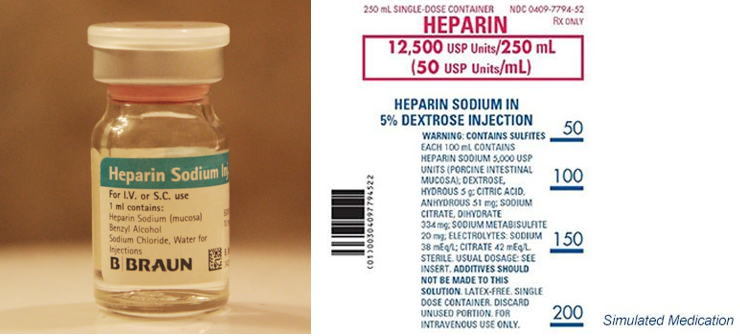Cultured, Whole Food Vitamins as well as Supplements — Best Source of Dietary Supplementation
17.03.2023foods which are Whole are our best source of nutrition and provide the most complete sources of minerals and vitamins. We’re nourished by eating foods which are whole because they contain the required proteins, antioxidants, minerals, vitamins, enzymes, fiber, carbohydrates, fats, along with other micronutrients that the body of ours needs for right nourishment and optimum health. Regrettably, most of us do not eat enough variety of whole, nutrient dense foods for correct nutrition levels. Instead, our modern diets include too many processed foods that give sub standard levels of nutrients. Today, dietary supplementation is normally needed to provide the nutritional requirements of ours for maximum health and energy.
The Complexity of Whole Food Vitamins as well as Dietary Supplements
 The Complexity of Whole Food Vitamins as well as Dietary Supplements
The Complexity of Whole Food Vitamins as well as Dietary Supplements
Dietary supplements and vitamins made from foods which are whole contain not only recognized minerals and vitamins, though a full symphony of various other micronutrients (phytonutrients or maybe phytochemicals) which work in concert with minerals and vitamins to orchestrate an organic harmony in the bodies of ours. More than 25,000 various micronutrients, phenq fda approved (Urbanmatter wrote) likewise called cofactors, have been discovered in whole vegetables and fruits alone. These micronutrients remain being studied, but what we do know is they not only provide additional health support, additionally, they improve the effectiveness as well as absorption of various other nutrients contained in foods which are whole.
An intriguing analysis was carried out by researchers in the USDA’s Jean Mayer Human Nutrition Research Center on Aging at Tufts University in Boston. Two different age groups of males & females were fed a diet containing ten servings of fruits and veggies one day. Then they measured the’ antioxidant capacity’ of the participants’ blood samples by seeing just how well the blood deactivated damaging oxidized free radical groups in a test tube. After 2 days, the antioxidant capacity of the participants’ blood rose in both groups, nevertheless, far more consistently in the elderly people. Based on this and other scientific studies, it appears that compounds aside from vitamins C and E & carotenoids contribute a major section of the increased antioxidant capacity.
Food researcher Vic Shayne, Ph.D. definitely describes the intricacy of whole food nutrition and exactly how this can’t be duplicated in the laboratory with vitamin isolates, in the following quotation:
Since whole food ingredients are natural, they contain a plethora of nutrition which exist within a complex.
A food complex consists of not only vitamins as well as nutrients, but additionally a lot of cofactors (helper nutrients) that are found in nature’s foods as a consequence of the evolutionary process.
Cofactors and food complexes therefore cannot be made in a lab neither are they going to be duplicated by scientists.
The power of Probiotic Cultures along with Fermentation
Summary
References:



